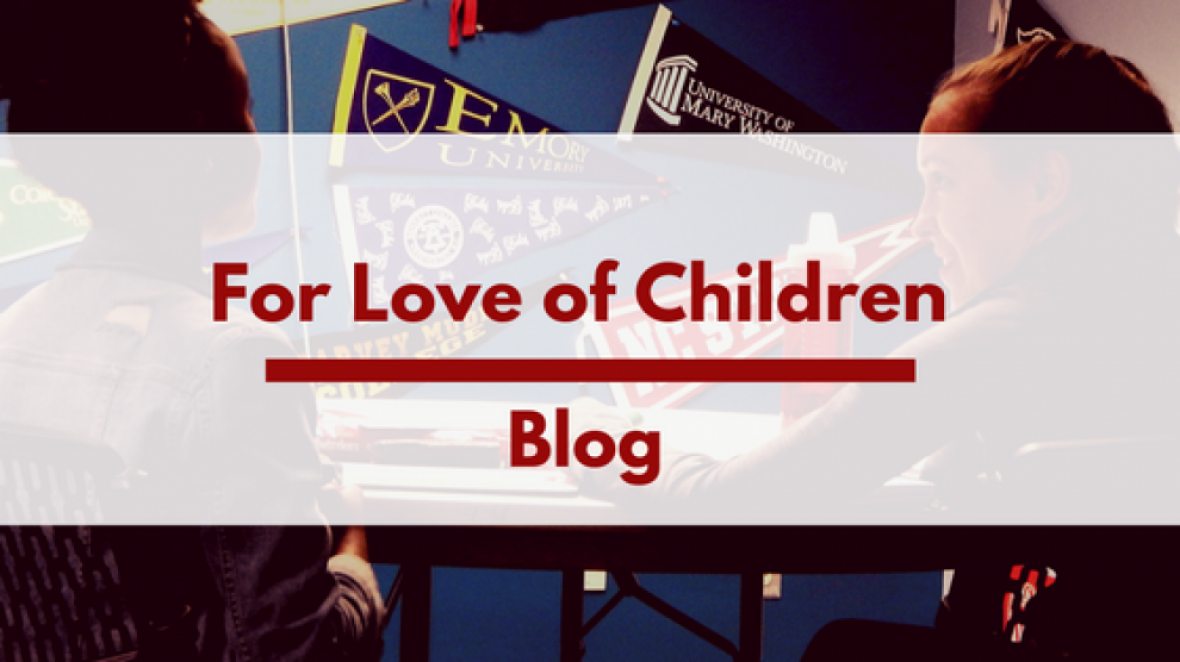(Ellie Haga is FLOC’s Executive Assistant and Development Associate.)
I love the holiday season! The smells, the sounds, picking out that perfect gift, and spending time with the ones you love. The holidays for me mean spending time with my family, eating delicious meals, taking a much needed break from the hustle and bustle of the work day, and reflecting on what the year has brought and what the next year will bring. But at FLOC, it’s about making it a special holiday for each and every one of our kids.
Each year, FLOC approaches its community partners to ask for help in providing our students with a holiday gift. We ask each of our students to put together a wish list of items they want. We then pass out these lists to community partners, and each year our offices are filled with hundreds of gifts.
Every year, we are overwhelmed with the support of giving partners such as TerpSys, Cardinal Bank, Sharp, The American Association of Justice, Jones Lang LaSalle, The Advisory Board Company, and others who help make all of this possible. The joy and excitement and the “spirit of giving” that our partners showed constantly remind all of us of the true meaning of the holiday season. Each of our partners took great care in picking out the perfect gift for our students. Each gift was wrapped beautifully, and I kept hearing how excited they were to participate, many of them even asking for more and more kids to sponsor.
Thanks to their generosity, our kids will have a happy holiday. This is what the holiday season is about after all, giving unselfishly to those who are most deserving. Although I may not be there when each child opens their gift, I know that they will be excited to see how much the community cares for them. After all, it takes a village.










